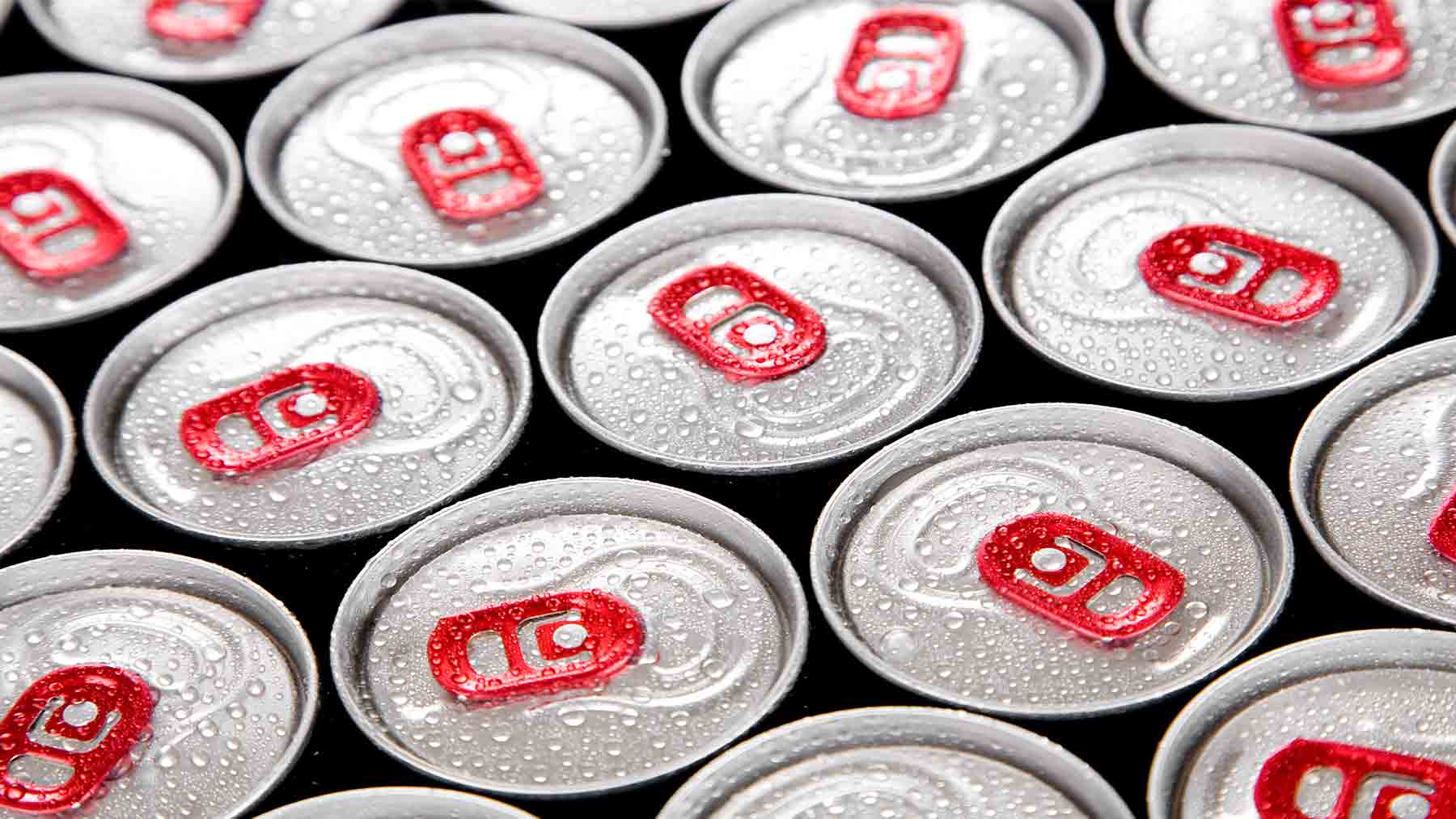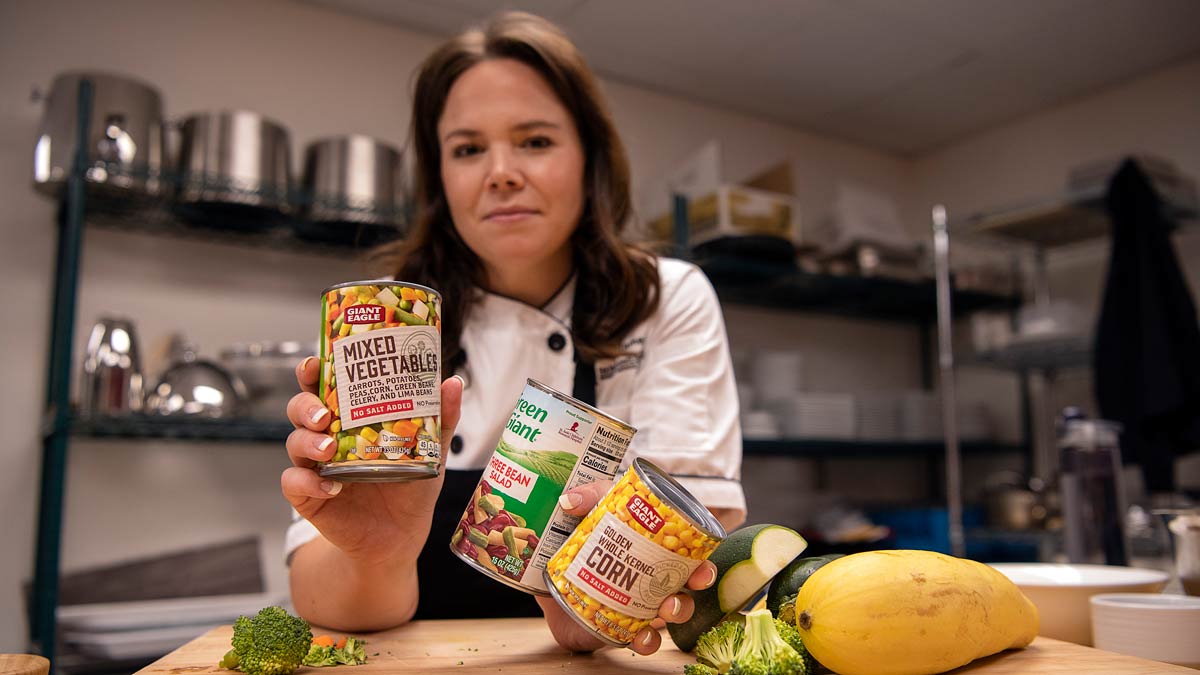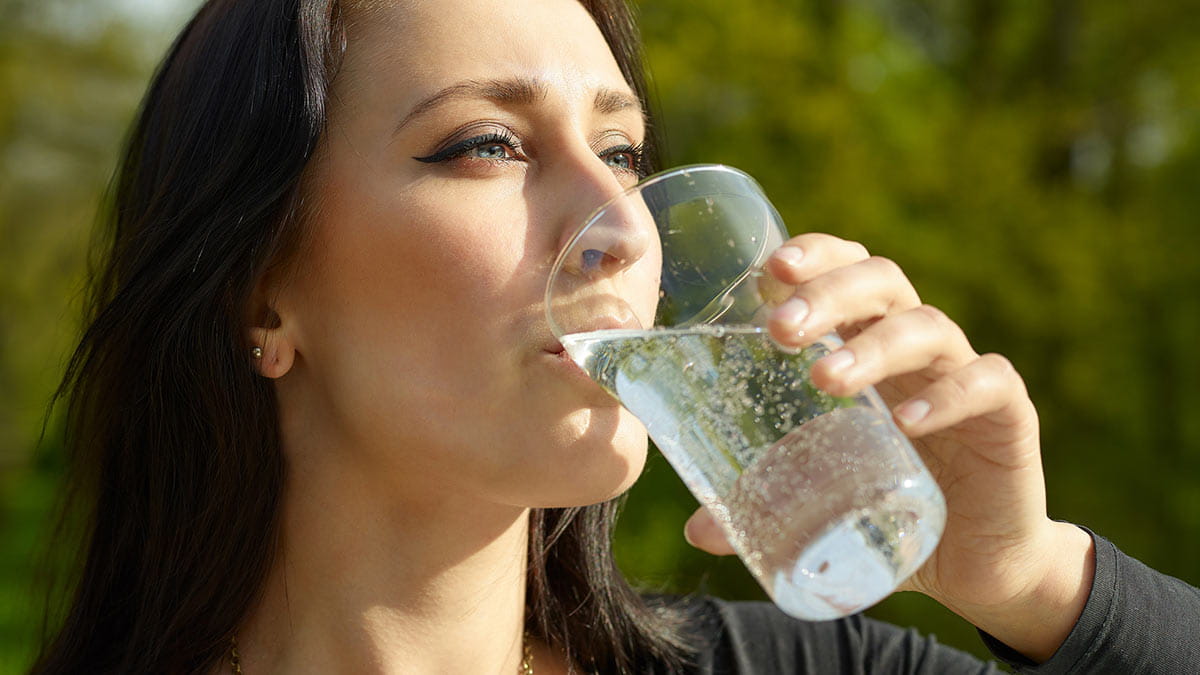Does a healthy energy drink exist?

For health-conscious people in need of an energy boost to get through the day, the new wave of healthy energy drinks may be a tempting option. However, there’s no definition of "healthy" on food labels, so buyer beware. Here’s what you should know about energy drinks.
What makes an energy drink unhealthy?
The most concerning part of energy drinks is the high sugar and caffeine content.
For optimal health, the World Health Organization recommends limiting added sugar to 5% of daily calories, which is 25 grams per day for a 2,000 calorie diet. The average energy drink contains that much sugar and more in a single serving. Furthermore, because this excess added sugar is in liquid form, it rapidly promotes weight gain and significant surges of insulin in order to keep blood sugar stable. Over time, repeated consumption of excess added sugar (especially added sugar in liquid form) promotes metabolic disruption – pre-diabetes and/or type 2 diabetes.
The recommended limit for daily caffeine intake for adults is 400mg, and the caffeine content of energy drinks can be more than 250 milligrams of caffeine per serving. A person could easily exceed the recommended daily limit when consuming energy drinks. Caffeine overdose is fairly rare, but can potentially be deadly.
In addition to the sugar and caffeine, energy drinks can contain other additives with potential health risks.
- B vitamins – usually harmless, but B-6 can have toxicity symptoms above 80mg if taken daily for an extended period of time
- Guarana – another source of caffeine
- Taurine and Glucuronolcatone – frequent ingredients in energy drinks, but appear to be harmless from what we know at this time
What about drinks that claim to be healthy?
There is no industry standard for "healthy," so many energy drinks that claim to be healthy can still pose health risks.
Drinks with less sugar are better, but some of the so-called "healthy" choices still contain added sugar – it’s just organic cane sugar or honey rather than glucose or high fructose corn syrup. Again, excessive added sugar is detrimental, particularly in liquid form.
Even when the "healthy" choices avoid added sugars, they often still contain artificial sweeteners, sugar alcohols, stevia or monk fruit extract – all of which can cause adverse side effects for some people.
If you’re unsure about the safety of a drink’s ingredients, either do some research or consult your doctor or dietitian.
What’s a good alternative?
The best way to stay energized is to stay hydrated and to eat healthy food.
- Inadequate hydration leads to fatigue, so drink plenty of water throughout the day.
- Don’t replace food with sugar and caffeine to get through the day.
- We get our energy from food, so start your day with a balanced, low-sugar breakfast.
- Eat on a regular, consistent schedule throughout the day. We need to refuel about every 4 hours until dinner time.
- Instead of energy drinks, I recommend tea (black, green, white), black coffee or yerba mate tea.
Lori Chong is a registered dietitian at The Ohio State University Wexner Medical Center.




